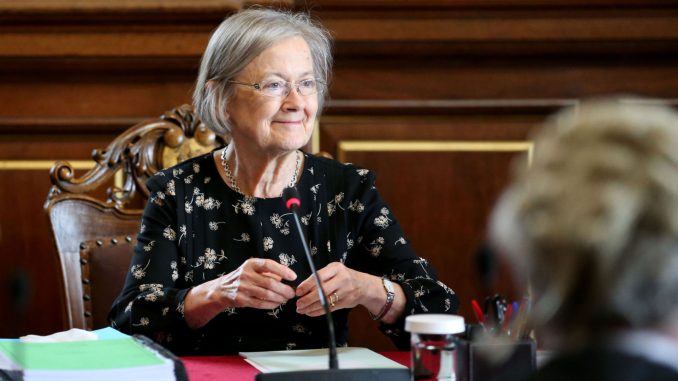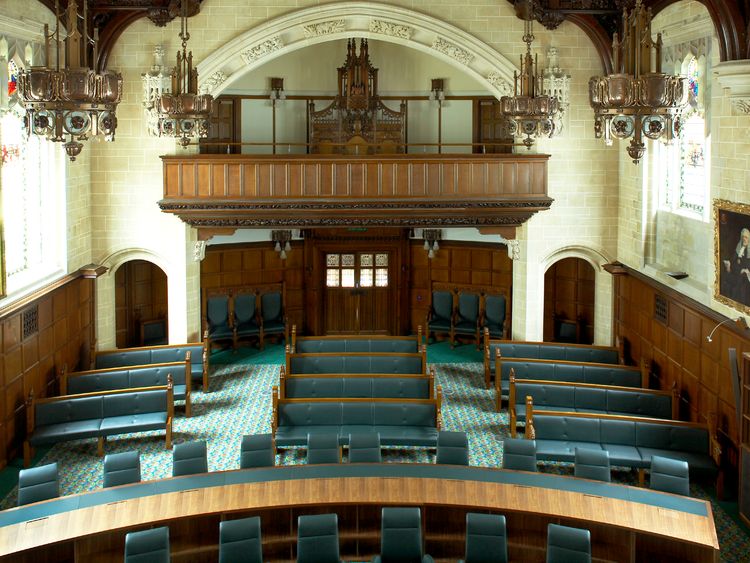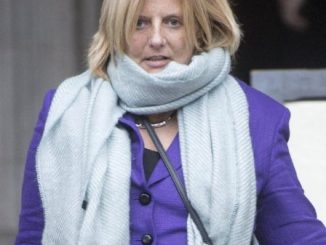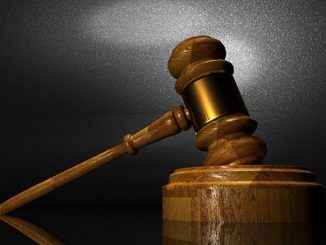
Baroness Hale will be the first female president of the Supreme Court, Downing Street has announced.
She will be officially sworn in on 2 October, when the UK’s highest court will also welcome three new justices including a second female judge, Lady Justice Black. Baroness Brenda Hale of Richmond, 72, who is currently deputy president of the Supreme Court, succeeds Lord Neuberger. The Yorkshire-born judge said in a statement: “It is a great honour and a challenge to be appointed to succeed Lord Neuberger.
“I look forward to building upon his pioneering achievements, including developing closer links with each part of the United Kingdom, for example by sitting outside London, and improving the ways in which we communicate our work to the public.
“While I of course look forward to working alongside all my colleagues, it is a particular pleasure for me to be taking up the post at the same time as we welcome only the second ever woman to sit on the UK’s top appeal court.”
Lord Neuberger, who has been at the helm since 2012, welcomed the appointment.
“For Lady Hale to become President of the institution to which she has contributed so much is a fitting pinnacle to a truly ground-breaking career,” he said.
Lady Hale becomes the third person to hold the position since the Supreme Court was established in 2009. It replaced the Appellate Committee of the House of Lords as the highest court in the UK, separating the court from both Government and Parliament. The Supreme Court consists of 11 justices and is the final court of appeal in all UK civil cases and criminal cases from England, Wales and Northern Ireland. The most recent high-profile Supreme Court case was the Article 50 Brexit appeal, when the court decided that Theresa May needed Parliament’s approval before triggering the formal process for the UK to leave the European Union.
Source sky.com






Be the first to comment